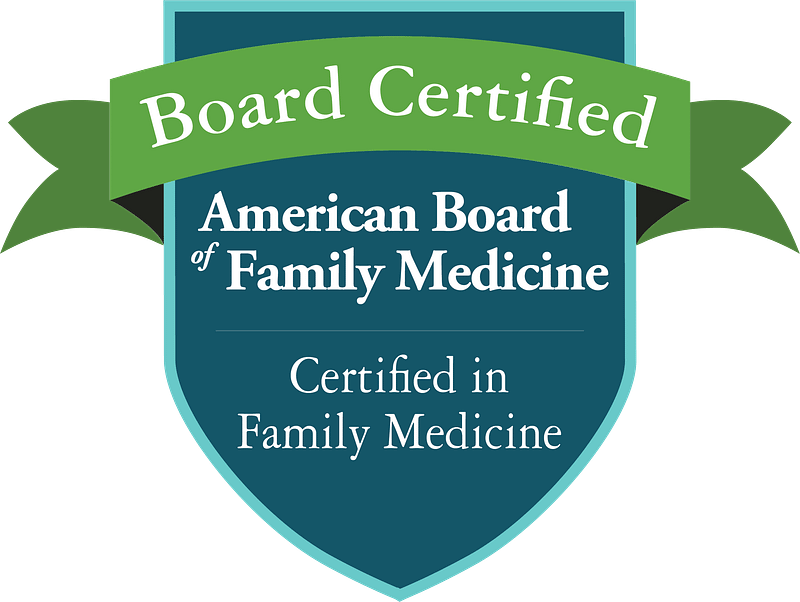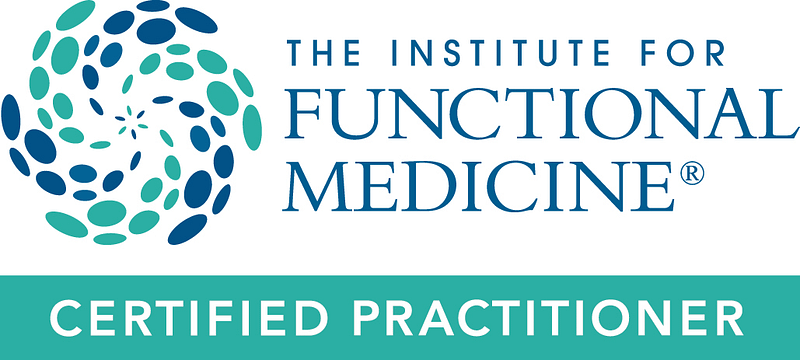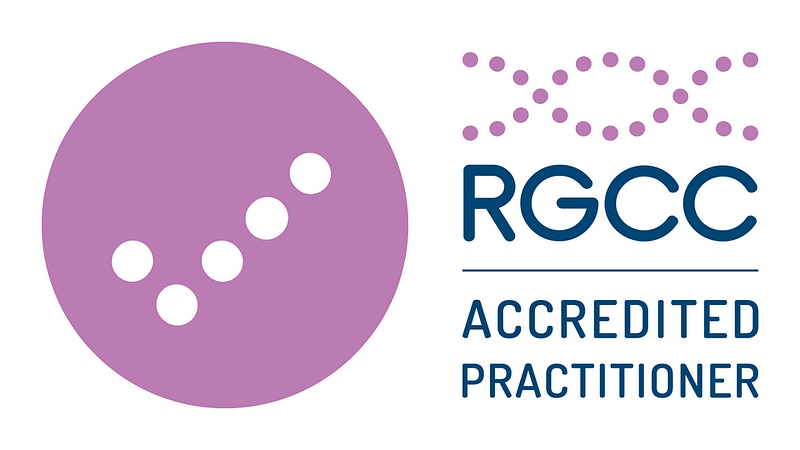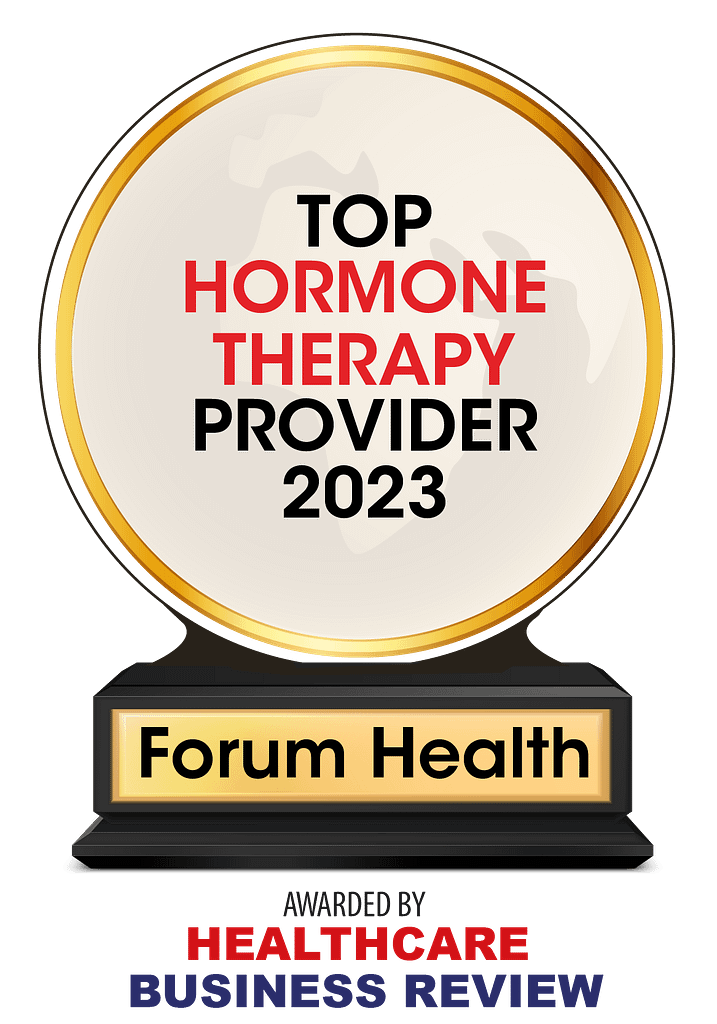It seems that scientists are continually rediscovering that nutrition can affect health.
A recent clinical trial by the National Eye Institute reported in the journal Archives of Ophthalmology, October 2001 found that supplementation of vitamins and minerals slowed vision loss associated with intermediate and severe age-related macular degeneration (AMD) by 25%. The six-year long trial involved 3,600 participants aged 55-80 at high risk for AMD. One group was administered 500 mg of vitamin C, 400 IU of vitamin E, 15 mg of beta-carotene; 80 mg of zinc and 2 mg of copper daily. Other groups took only antioxidants, only zinc, or a placebo.
90% of AMD is called “dry” AMD and it occurs when the deterioration of light sensitive cells in the back of the eye results in vision loss. In the less common “wet” variety of AMD, blood and fluid seep into the tissues in the back of the eye between the retina and the blood vessels behind it. The resulting scarring affects the retinal nerve supply and results in loss of central vision. AMD is the leading cause of blindness in an aging population. An estimated 2 million Americans have AMD.
Additional studies also suggest that there are other nutrients that likely have even greater effectiveness in the treatment of AMD. These include selenium, lutein, zeaxanthin, DHA and EPA, and vitamin B12. Selenium is a powerful antioxidant. Lutein and zeaxanthin are naturally occurring yellow pigments called carotenoids that are abundant in the retina. They are abundant in egg yolks, kale, collards, and swiss chard, but can be taken as a dietary supplement. DHA and EPA are essential fatty acids that are rich in fatty fish such as salmon or mackerel and are critical for eye health. Vitamin B12 offers important nutritional support for the nerve supply to the eye. Use caution when choosing nutritional supplements. I have found that less expensive look-a-likes may be of questionable quality that appeal to a consumers who have no way of assessing their quality. Buyer beware.
Since it is difficult to obtain adequate nutrients in food grown on soil depleted by non-organic farming, I suggest the following for sensible dietary support for AMD: an abundance of fresh organic vegetables in the diet, blueberries and blackberries that are rich in beneficial proanthocyanadins, 3-4 meals of fatty fish per week, drinking about 3 quarts of water per day if not on medical restriction of fluids, in addition to eliminating sugar, margarine and other hydrogenated oils, and chemical additives from the diet.
Avoidance of direct sunlight in the eye by wearing sunglasses with ultraviolet protection may be of benefit, as are stopping smoking and tight control of diabetes. Regular dilated eye exams are recommended for those with loss of vision or for anyone over age 55.
Interestingly, a similar clinical trial on the impact of nutrients on cataracts, a clouding on the lens of the eye, found no benefits in nutrient supplementation. In my experience, the use of the antioxidants glutathione and superoxide dismutase are effective in reducing cataracts in some individuals when supplied by eye drops. This is likely because it is difficult to get nutrients to the cataract through nutrients taken by mouth as the lens has a poor blood supply, especially in an aging population.














